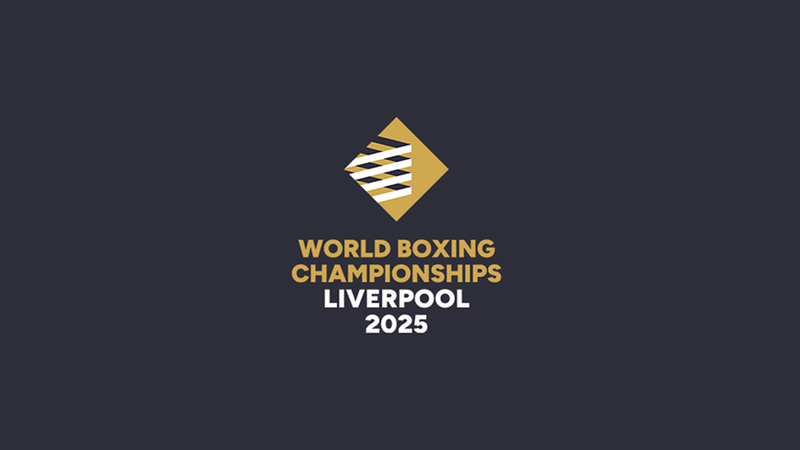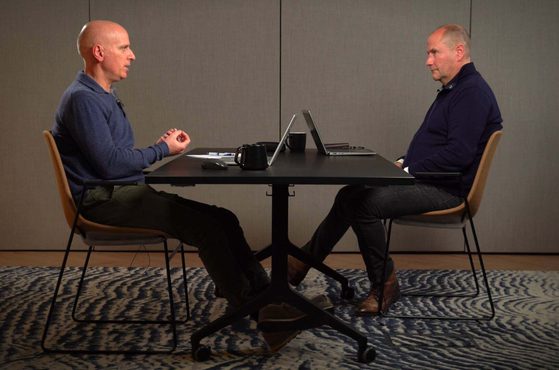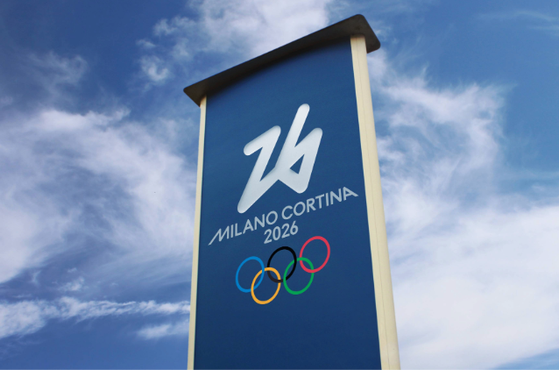Government to consult on unlicensed gambling operators sponsoring British sports

We explore the consultation background, the regulatory concerns driving it and what it could mean for clubs with existing or future sponsorship deals.
Read more
We make the difference. Talk to us: 0333 004 4488 | hello@brabners.com
AuthorsCatherine ForshawAllana Edwards
6 min read

This week, Liverpool plays host to the inaugural World Boxing Championships in what will be the first time in history that both men and women compete side-by-side for the title of World Boxing Champion in ten weight classes each. This is a significant move towards gender parity in a sport that’s historically struggled with representation and equality.
Here, Catherine Forshaw and Allana Edwards explain the rules, weight classes and new gender eligibility requirements while highlighting the female athletes to watch and the Championships’ social impact programme.
Established in April 2023, World Boxing is the International Federation for amateur boxing, formally recognised by the International Olympic Committee (IOC). As the global governing body, World Boxing is mandated to safeguard the sport’s Olympic status, secure its inclusion in the 2028 Summer Olympic Games and oversee its governance, administration and competition standards in accordance with the principles of fairness, integrity and transparency.
Central to this mandate is the World Boxing Championships — designated as World Boxing’s premier international competition — which serves both as the pinnacle event of the amateur boxing calendar and a global showcase of the sport’s highest standards.
The creation of World Boxing followed the IOC’s withdrawal of recognition from the International Boxing Association (IBA) in June 2023 on the basis of longstanding governance failures, alleged corruption and breaches of integrity. In assuming this role, World Boxing has undertaken to restore confidence in the administration of amateur boxing by implementing transparent, accountable and athlete-focused governance practices.
Through these measures, World Boxing reaffirms its commitment to preserving the sport’s historic place within the Olympic movement while establishing a sustainable and equitable framework for the future of amateur boxing worldwide.
Over 550 boxers from more than 65 countries are expected to participate in the Championships, with female athletes competing on equal footing with their male counterparts. This is a significant departure from previous formats, where women’s events were often held separately or received less media coverage, prize money and institutional support. By integrating the men’s and women’s competitions, World Boxing is sending a clear message: excellence in the ring knows no gender.
The Championships also include qualifications for 35 new coaches and 20 officials, both male and female. This is another welcome development in a sport where female referees and judges have historically been underrepresented. While it remains unclear whether female officials will adjudicate across both male and female bouts, the inclusion of women in these roles is a step towards dismantling long-standing barriers.
The Championships will follow a simple knockout format with a competition draw deciding the pathway to the final for each boxer in their respective weight category.
The weight classes for men and women are as follows:
| Men | Women |
|---|---|
| 50kg | 48kg |
| 55kg | 51kg |
| 60kg | 54kg |
| 65kg | 57kg |
| 70kg | 60kg |
| 75kg | 65kg |
| 80kg | 70kg |
| 85kg | 75kg |
| 90kg | 80kg |
| 90kg+ | 80kg+ |
The winners of each bout will progress to the next round, determined by three scoring criteria:
The scoring is based on the ‘10 Point Must’ system, where judges award a score of ten to the winning boxer and nine or less to the losing boxer each round.
Among the standout competitors are British Olympians Charley Davison (W54 kg) and Chantelle Reid (W70 kg), both of whom represented Team GB at the Paris Olympics in 2024.
Mother-of-three Davison has spoken openly about the challenges of balancing elite sport with family life. While her return to boxing after a seven-year break was met with admiration and scepticism in equal measure, her performance in Paris silenced critics and inspired a new generation of female boxers.
At the Paris Olympics 2024, boxing was embroiled in controversy concerning the eligibility of two female athletes — Algeria’s Imane Khelif and Taiwan’s Lin Yu-ting. The IBA affirmed that both athletes had failed unspecified gender verification tests at its World Championships in 2022 and 2023.
Notwithstanding these allegations, both Khelif and Lin secured gold medals in their respective weight divisions. Critics contended that their participation compromised both competitive fairness and athlete safety. The IOC, however, consistently defended their eligibility to compete, rejecting the IBA’s test as illegitimate.
In response, a spokesperson for World Boxing said to DW that: “we put boxers first and the safety of athletes is absolutely paramount. We have recognised for some time that gender clarity is an extremely complex issue with significant welfare concerns”.
Subsequently, World Boxing adopted a formal Sex Eligibility Policy, which entered into force on 20 August 2025. The Policy mandates compulsory sex verification testing for all athletes competing in World Boxing-sanctioned events, with the stated objectives of safeguarding athlete welfare and ensuring competitive equity between male and female categories.
Under the Policy, all athletes aged 18 or older who seek to participate in World Boxing competitions must undergo a polymerase chain reaction (PCR) test (or a functionally equivalent genetic screening test) to establish their biological sex (also known as birth sex or chromosomal sex). This can be conducted via nasal or mouth swab, saliva or blood. The PCR test is a laboratory technique used to detect specific genetic material — in this case the SRY gene, which reveals the presence of the Y chromosome (an indicator of biological sex).
The policy will first be applied at the forthcoming Championships.
Pursuant to its provisions:
National Governing Bodies bear the responsibility for administering and certifying compliance with the testing requirements. Failure to provide valid certification of the PCR (or equivalent) test or the submission of fraudulent documentation shall result in athlete ineligibility and may give rise to further disciplinary sanctions.
The Championships are expected to leave a lasting impact through a Social Impact Programme aimed at increasing grassroots participation and promoting boxing as a tool for empowerment. These programmes are particularly vital in ensuring that the sport’s newfound inclusivity isn’t just symbolic but sustainable.
We’re proud sponsors of the championships’ Social Impact Programme, which will engage with communities across Merseyside and the wider North West to deliver careers programmes, a boxing-led social mobility scheme and volunteering initiatives.
Our specialist and multi-award-winning sports law team is a trusted advisor to national governing bodies and international federations across a wide range of sporting disciplines.
Talk to us by calling 0333 004 4488, emailing hello@brabners.com or completing our contact form below.

Catherine Forshaw
Catherine is a Senior Associate in our sports law team and leads our focuses on rugby and women in sport.
Read more
Loading form...

We explore the consultation background, the regulatory concerns driving it and what it could mean for clubs with existing or future sponsorship deals.
Read more

We discuss the mounting dangers of AI-powered cybercrime across the world of sport with David Andrew — the Founder and Managing Partner of Tiaki.
Read more

We explore how structural, environmental and organisational shifts are shaping the 2026 Winter Olympic and Paralympic Games.
Read more